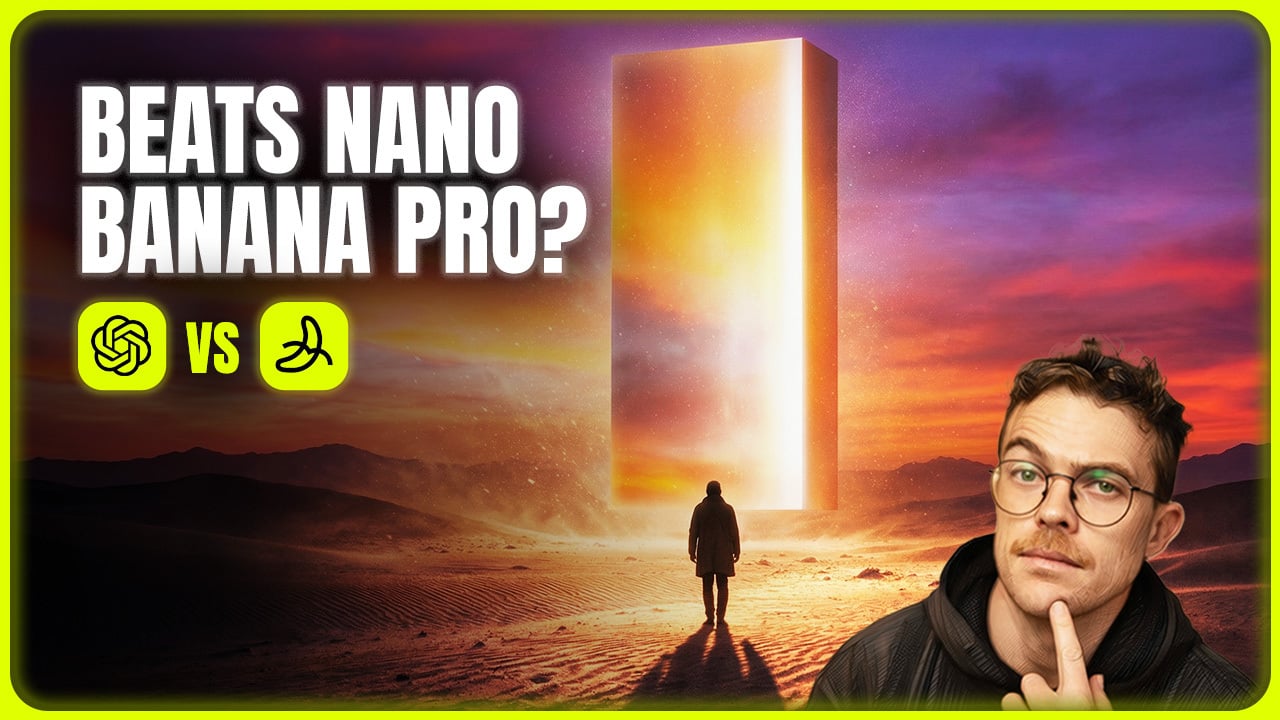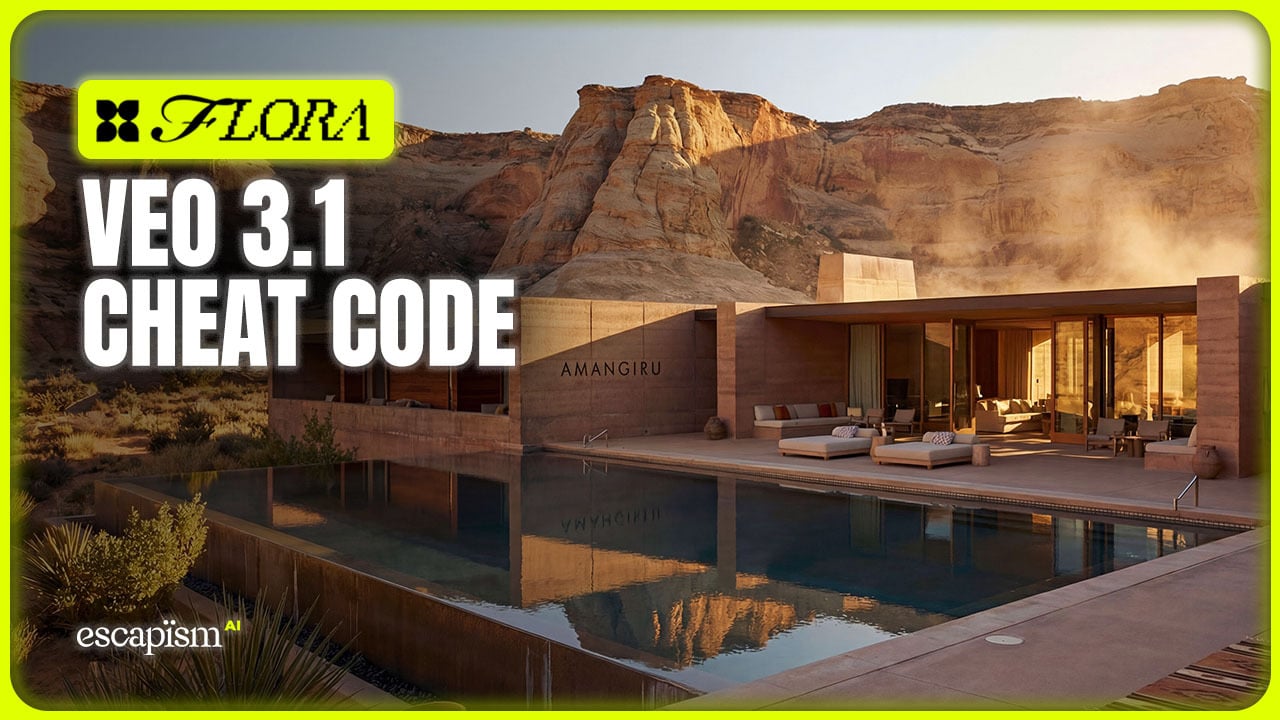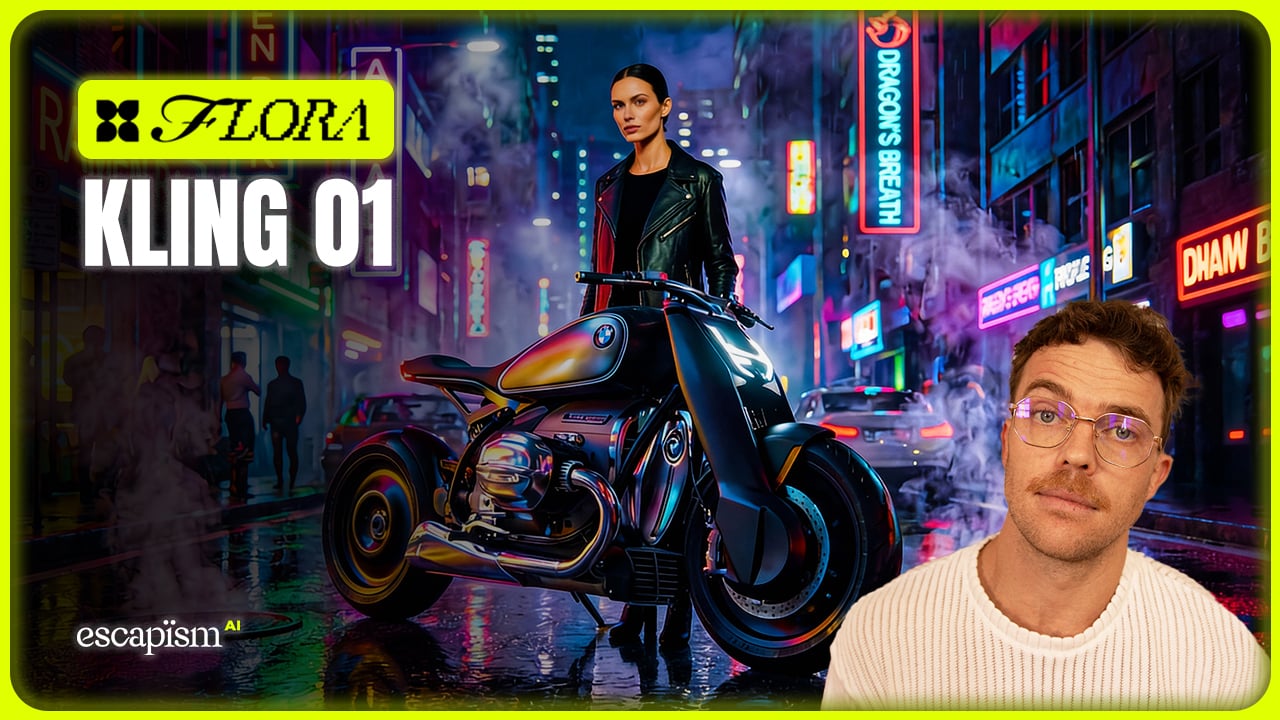Having spent part of my career working in Hollywood, I’m pretty invested in understanding how the entertainment Mecca will adapt to AI. I’ve seen AI go from laughable gimmick to anxiety-inducing “replacement” - putting hundreds of thousands of creative careers on the line.
Only time will tell whether Hollywood will survive or thrive in this new era, but we’re all watching with baited breath to so if and how AI is adopted at scale by the incumbents of the entertainment industry.
The question really boils down to creative (and commercial) potential. Can AI be integrated in a way that empowers both the people and profit of Hollywood?
OpenAI just gave filmmakers and digital creators in Hollywood a first-hand glimpse at the creative potential of its powerful newish text-to-video AI tool, Sora.
At an exclusive event titled "Sora Selects," OpenAI showcased 11 impressive short films generated entirely by Sora, proving that turning simple text descriptions into vibrant cinematic visuals is now easier than ever.
AI Meets Cinema: What is Sora?
Sora is OpenAI's groundbreaking AI model that transforms basic text prompts into high-quality, diverse video content.
Think of it as ChatGPT—but instead of generating words, it generates movies. Whether you need sweeping landscapes, detailed animations, or scenes with intricate storytelling, Sora brings ideas vividly to life with minimal effort.
Hollywood Premiere: Inside the "Sora Selects" Event

Souki Mansoor, Sora artist program lead at OpenAI, speaks at the Open AI text-to-video tool Sora’s showcase “Sora Selects” at Brain Dead Studios in Los Angeles on March 19.
The "Sora Selects" event, held in Los Angeles, gathered influential filmmakers, digital artists, and Hollywood executives to explore the potential impact of AI on the entertainment industry.
Attendees watched a diverse selection of short films showcasing Sora’s capabilities, from emotional storytelling to surreal animations, capturing audience imagination and applause.
One filmmaker at the event commented, "It's fascinating to see what we imagined happening years from now actually happening today. The creative possibilities are endless." Another attendee added, "This feels like a turning point—AI is no longer just a tech demo, but a viable partner in the filmmaking process."
Broader Impact: Hollywood and the Future of AI Filmmaking
The showcase sparked conversations around how AI might shape Hollywood’s future, from streamlining production processes and reducing budgets to radically enhancing creative experimentation.
While Sora remains in a limited rollout, the buzz surrounding the tool suggests significant interest from studios eager to innovate and remain competitive.
Experts predict tools like Sora could democratize high-quality filmmaking, giving independent creators unprecedented access to advanced cinematic capabilities previously reserved for big-budget studios.
Sora Features Creatives Will Love
Ease of Use: Quickly transform your creative ideas into high-quality videos.
Creative Flexibility: Experiment freely without extensive production costs or resources.
Versatile Styles: Generate diverse visuals, from animation to realistic film scenes.
Sora Use Cases for Creators
Rapid Concept Development: Instantly visualize film concepts, scripts, or commercial storyboards.
Content Marketing: Quickly create engaging videos tailored to specific campaigns or social media.
Educational Content: Develop visually rich educational videos effortlessly from written outlines.
Creative Takeaway
The arrival of OpenAI’s Sora signals a massive shift in video production.
Creatives now have an intuitive AI partner that can turn text-based ideas into compelling cinematic visuals—opening endless possibilities for storytelling, concept testing, and innovative content creation.
For creatives, it’s worthwhile keeping an eye on developments in Hollywood when it comes to AI. However, more importantly, creatives should take every opportunity to learn and understand AI creative tools like Sora. The goal is to ride the AI wave, not get drowned by it.









